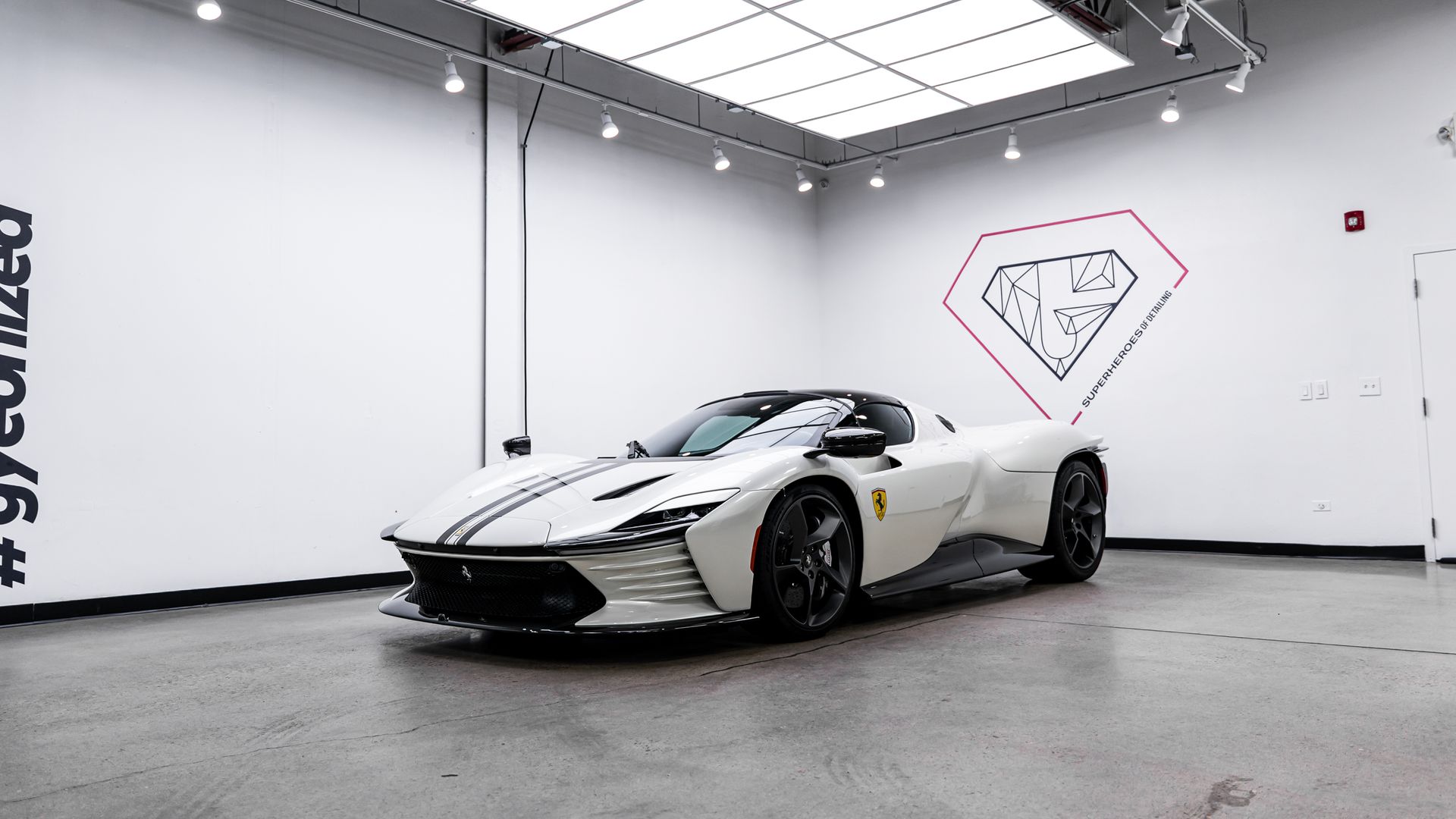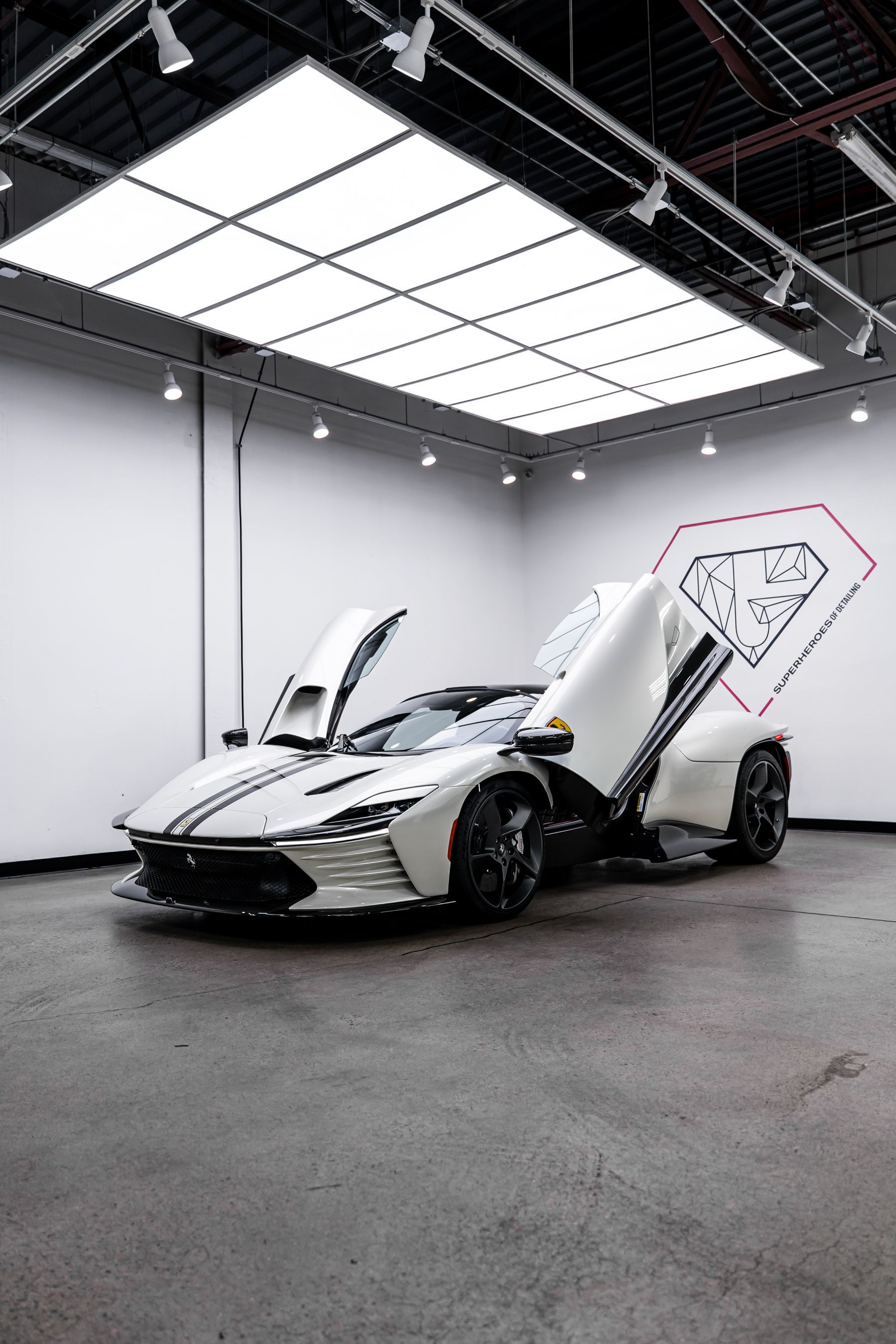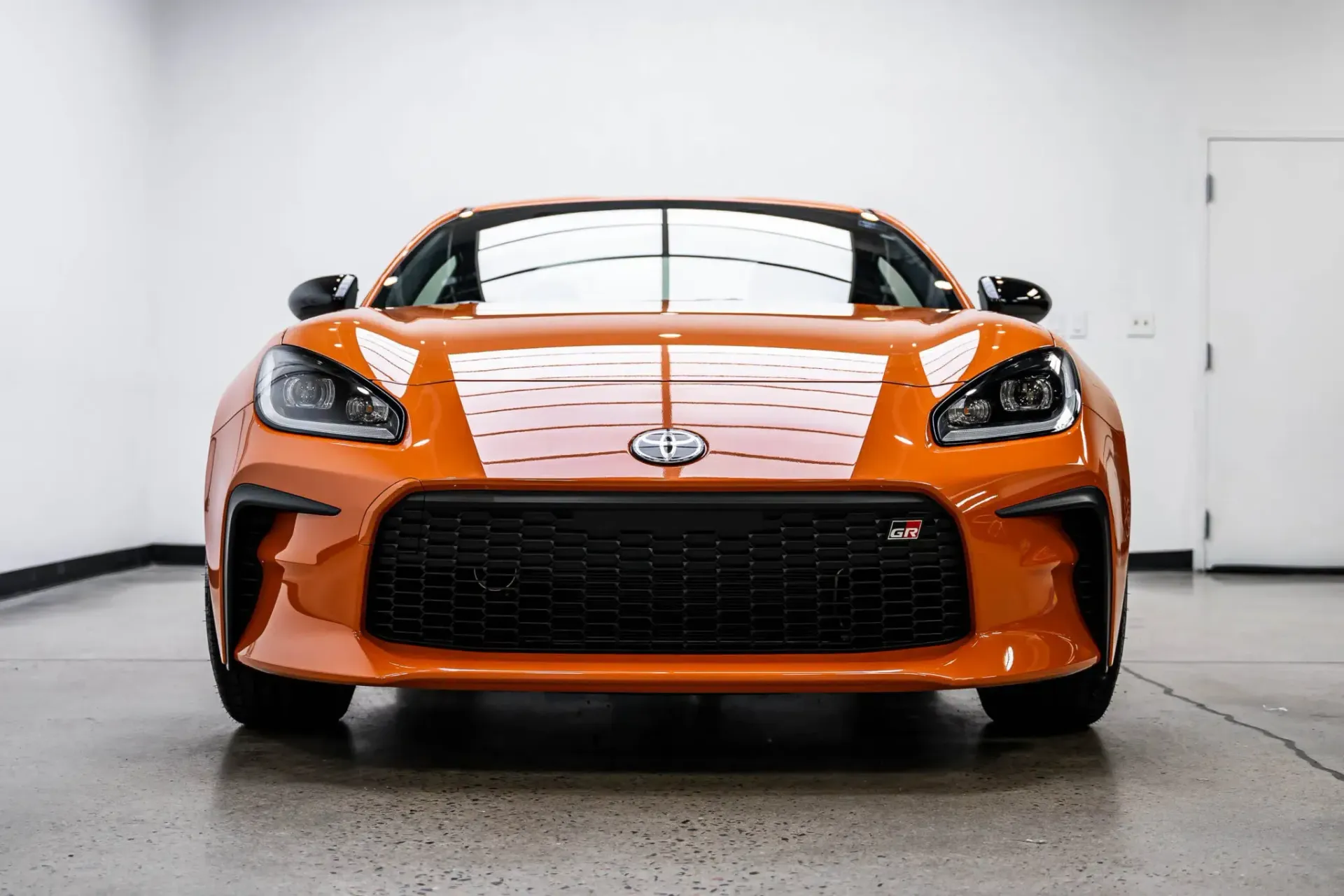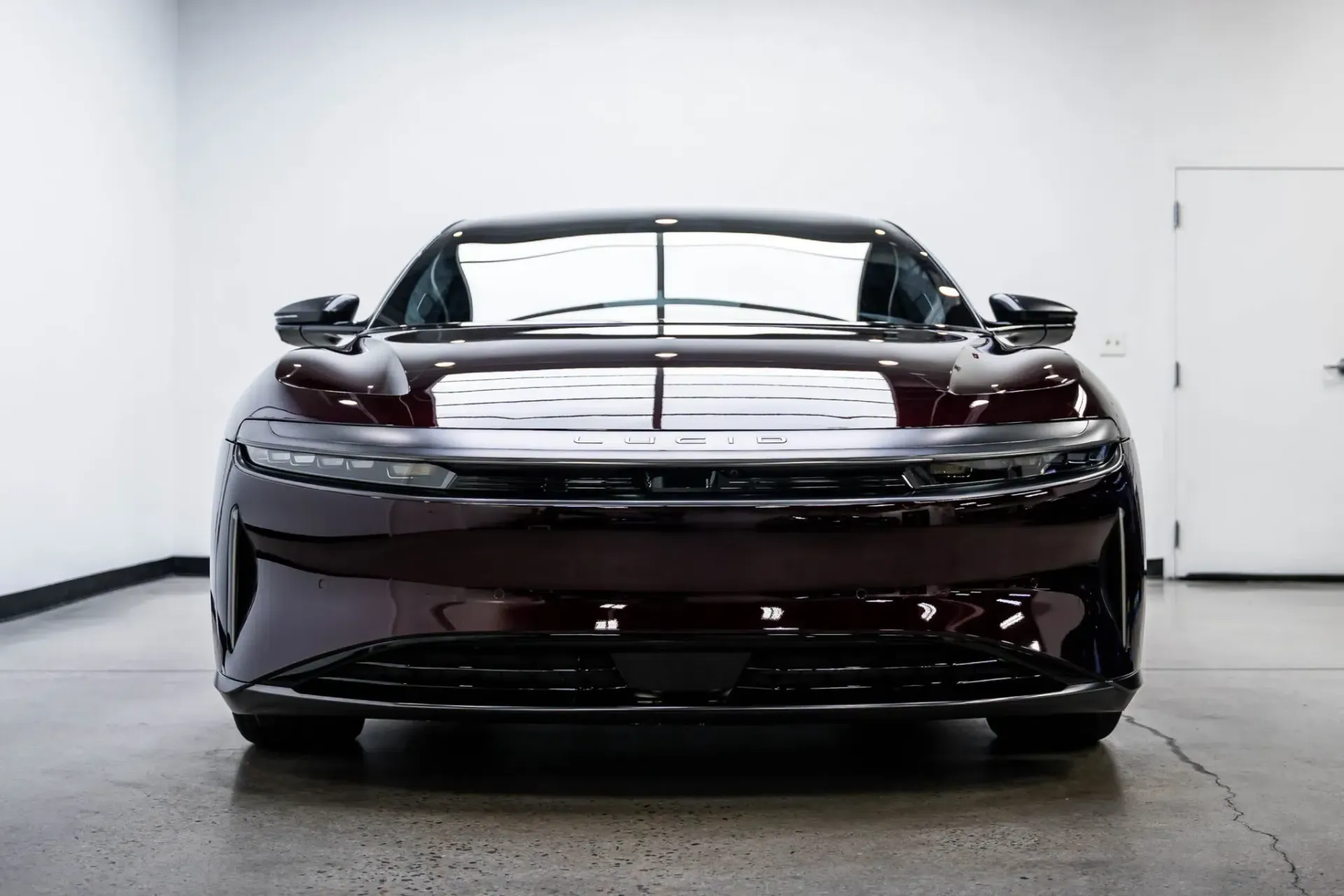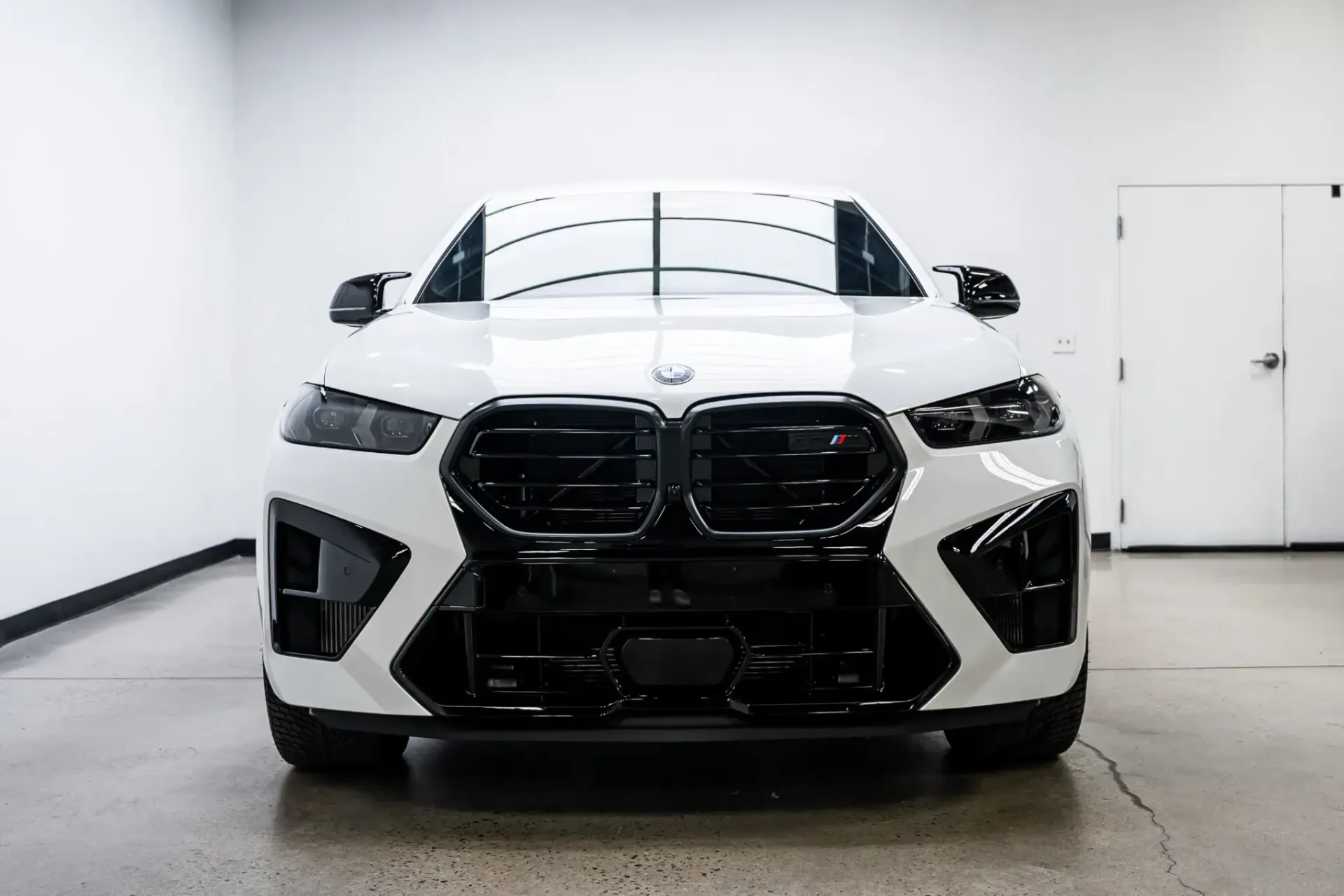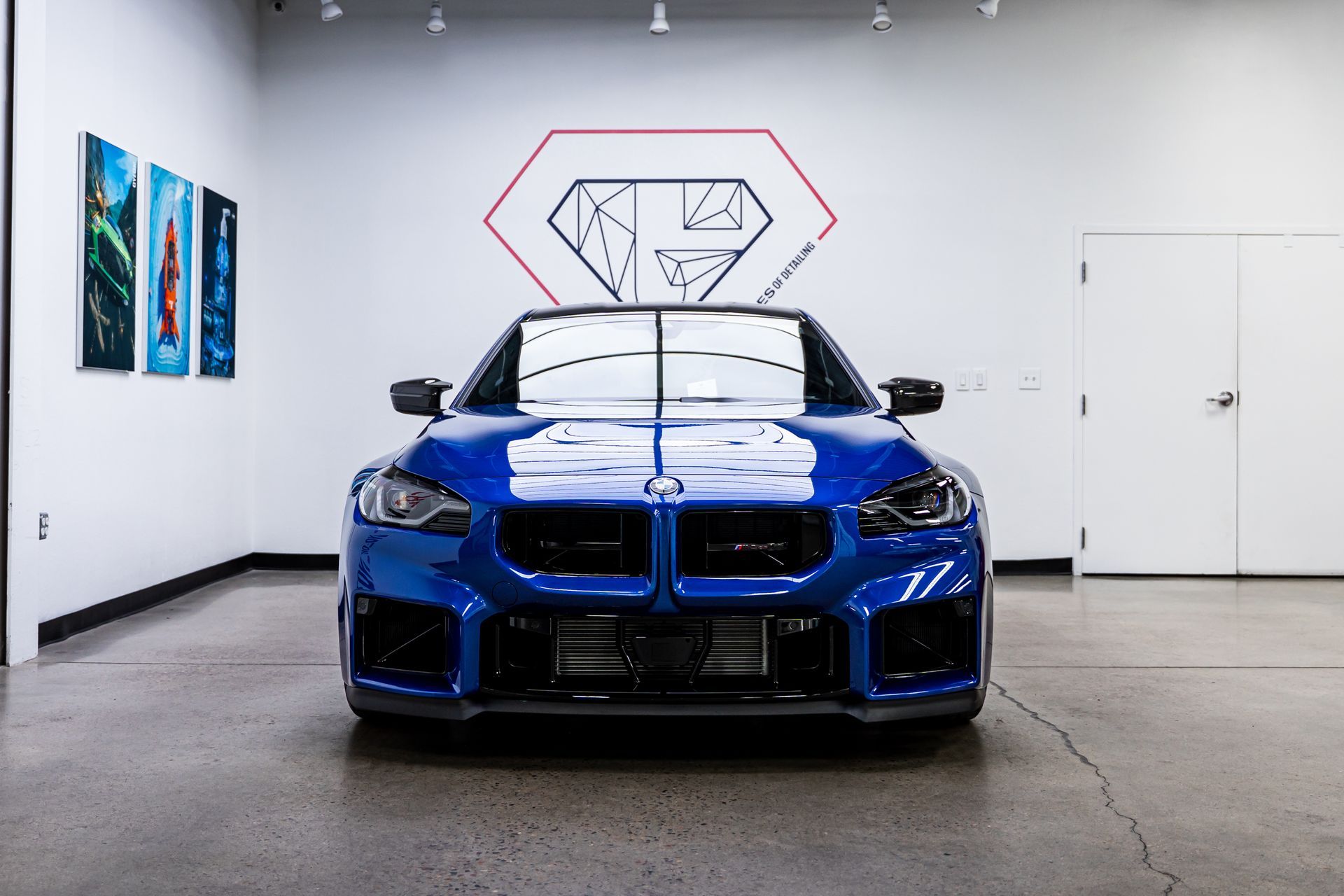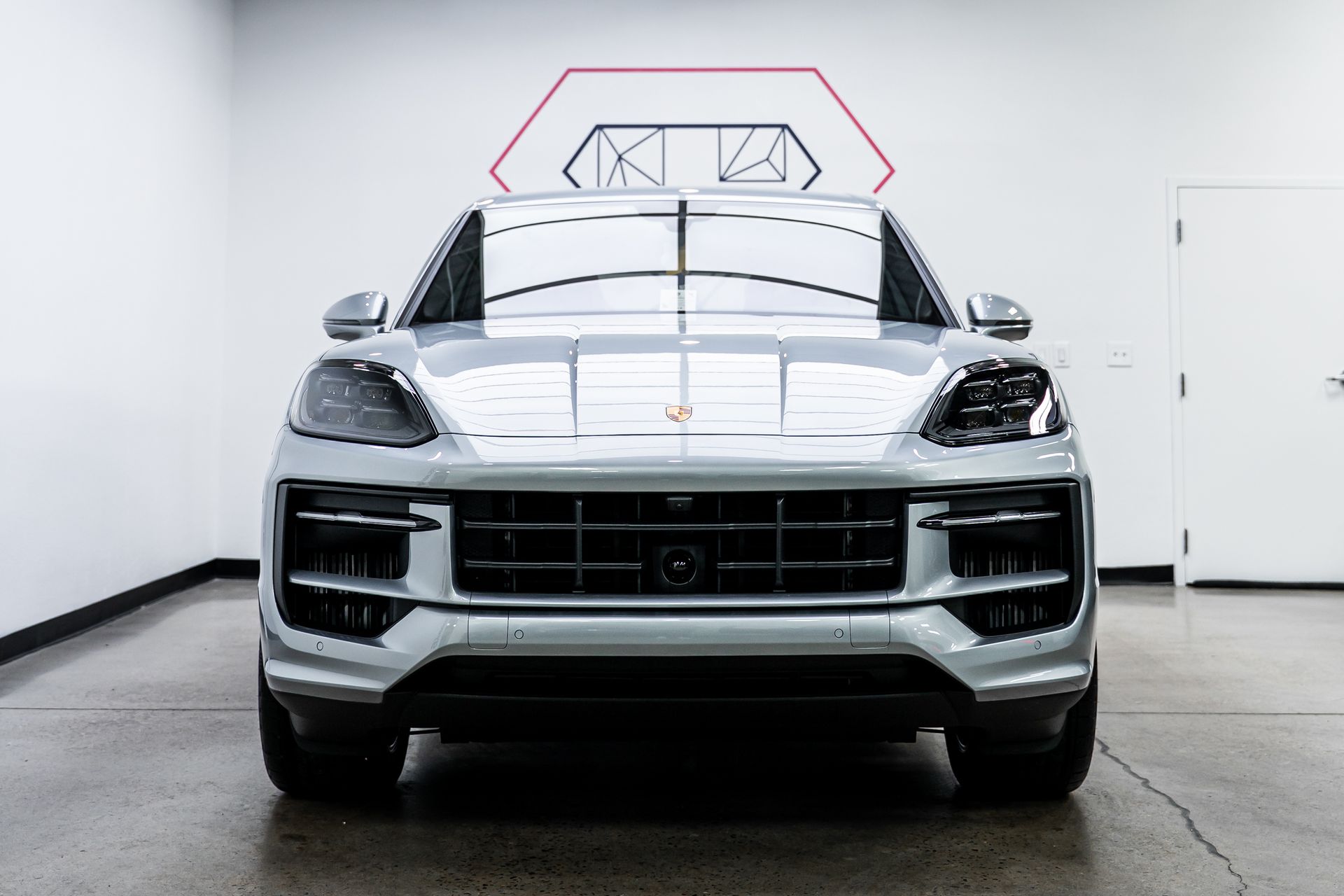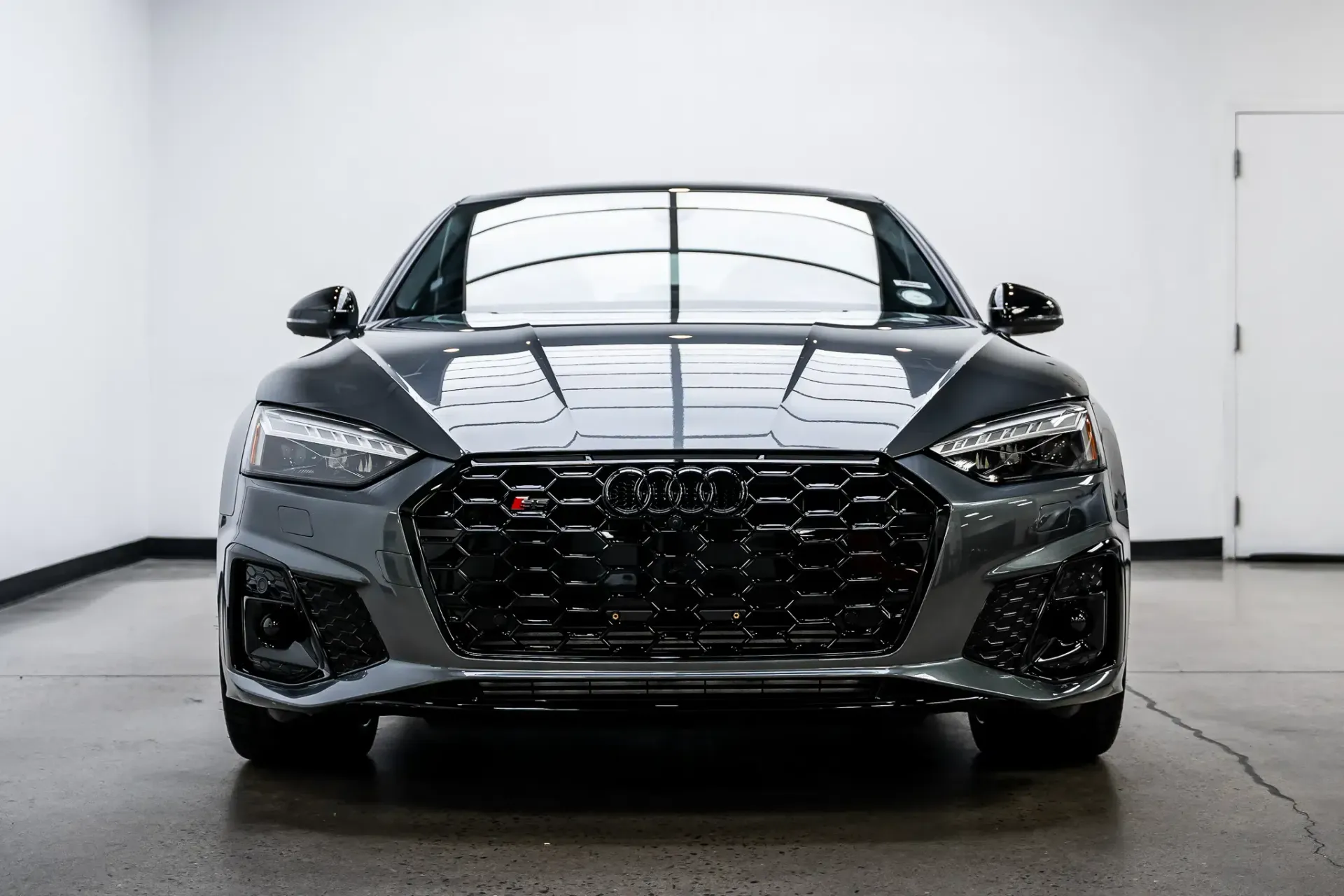UV Protection Benefits of High-Quality Automotive Tint for Car Windows and Skin Safety
CALL (720) 662-8520
GET A FREE ESTIMATESitting in a car might feel safe from the sun's harsh rays, but the truth is your skin and your vehicle's interior face more UV exposure behind windows than you probably realize. Most people don't think about how much damage ultraviolet rays can cause during daily drives or long road trips, not just to our skin but also to the seats and dashboard we rely on every day. That's where high-quality automotive window tinting steps in, working quietly to block harmful rays and protect both you and your car. Investing in premium tint isn't just about style; it's a smart move for health and vehicle care alike.
High-quality automotive window tint, especially ceramic tints, can block up to 99% of harmful ultraviolet rays, significantly reducing the risk of skin damage and skin cancer during prolonged sun exposure while driving. Additionally, this UV protection prevents fading, cracking, and deterioration of your vehicle's interior materials, such as leather seats and dashboards, thereby extending the lifespan and maintaining the appearance of your car's interior.
Understanding Premium UV Protection Tints
When choosing window tint for your car, the quality of the material directly affects how well it protects you and your vehicle's interior from harmful ultraviolet rays. High-performance ceramic tints have become the gold standard, not just because they look sleek, but because they offer truly exceptional protection. Unlike older metal-based films that can interfere with signals or fade over time, ceramic films use advanced nano-ceramic particles engineered to block more than 99% of both UVA and UVB rays. This level of defense significantly reduces the risk of skin damage over years of daily driving. Premium ceramic tints reject up to 95% of infrared heat along with nearly all UV light, meaning your skin stays cooler and safer behind these windows, even on scorching summer days.
What's remarkable about ceramic film is that it maintains crystal-clear visibility without the reflective sheen you sometimes see with metallic tints. This clarity matters not only for driving safety but also for keeping your car's interior colors vibrant by preventing sun fading. Advanced ceramic technology uses multi-layer optical film to manage heat and UV radiation without any metal content. This innovation means your smartphone, GPS, and Bluetooth signals remain uninterrupted, solving a common frustration many drivers have faced with older tinting solutions. The ultra-clear look respects your car's original aesthetic while delivering health-conscious benefits that extend far beyond comfort.
If privacy is a priority alongside protection, ceramic window films with darker shades bring excellent heat rejection while giving your car a stylish appearance. Many top-quality ceramic tints offer lifetime warranties covering fading or bubbling, ensuring peace of mind that your investment will serve you well throughout your vehicle's life cycle. What ties all these options together is their focus on long-term skin safety and passenger comfort. Long hours on the road expose drivers and passengers to continuous low-level UV radiation, a danger often overlooked in everyday commutes or road trips. Applying premium ceramic window tint is like wearing sunscreen every time you drive.
Installation plays a major role in maximizing these benefits. Certified professional installers guarantee a smooth finish free of bubbles and ensure the film adheres correctly for lasting performance. Professional application helps maintain warranties that cover everything from bubbling to delamination, issues that could reduce the effectiveness of your tint if left unchecked. For those serious about protecting their skin while enhancing driving comfort and maintaining style, investing in high-quality nano-ceramic automotive tint remains an excellent choice. Superior materials combined with expert installation ensure optimal UV defense without compromising visibility or connectivity on the road.
Health Benefits of UV-Blocking Tints
The protective power of automotive window tints extends far beyond keeping your vehicle cooler or reducing glare. In practical terms, these tints serve as a vital shield against ultraviolet radiation, which is notorious for causing both immediate and cumulative damage to our skin. You might already know that ultraviolet rays from the sun are split mainly into UVA and UVB rays. While conventional car glass blocks most UVB rays, it lets through nearly all UVA radiation. This matters because UVA rays penetrate deeper into our skin, accelerating premature aging and increasing the risk of serious conditions like melanoma. That's why high-grade ceramic or multi-layered tint films that block up to 99% of both UVA and UVB rays offer indispensable protection. These films create a barrier that dramatically cuts down on skin damage during everyday commutes or longer drives. The average driver spends over an hour daily exposed to sunlight streaming through car windows, and this exposure adds up over time.
The risks associated with prolonged UV exposure inside vehicles are not just theoretical. Dermatologists point out that a significant portion of lifetime sun exposure happens when people are in cars, often unaware because they don't feel immediate sunburn like they would outdoors. Over time, this silent exposure can lead to issues like sunspots, wrinkles, and, more alarmingly, skin cancers. For individuals suffering from medical conditions that heighten their sensitivity to sunlight, such as lupus, the stakes are even higher. These groups rely heavily on additional protective measures indoors and outdoors. Top-quality window tints provide a discreet but effective layer of defense without sacrificing the visibility vital for safe driving. When considering what level of UV protection to look for in automotive tinting, experts consistently advise aiming for films with at least 99% UVA and UVB blocking capability. Additionally, seeking products certified by reputable organizations ensures you get exactly what is promised rather than just a darkened window that may provide little health benefit.
Beyond individual protection, these benefits accrue systemically. Limiting UV penetration diminishes interior fading and cracking in dashboards, upholstery, and trim. This adds longevity to your vehicle's interior materials, which indirectly supports well-being by maintaining a clean, intact environment free from degraded plastics or leather surfaces that could off-gas harmful compounds under intense sunlight. Therefore, investing in high-quality tint isn't merely about aesthetics or comfort. It is fundamentally about protecting your body's largest organ, the skin, from everyday hazards lurking inside your own car. By shutting down nearly all harmful rays before they enter your car cabin, you minimize risks tied to long-term sun exposure without having to alter your lifestyle or obscure your vision behind overly darkened glass.
Preserving Vehicle Interiors
Think about your car's interior as a living space that's constantly exposed to the sun's harsh rays. Without proper protection, leather seats begin to crack and fade, dashboards warp and lose their vibrant finish, and fabric upholstery weakens as fibers break down. This deterioration is not just cosmetic. It affects comfort, value, and the longevity of your vehicle. High-quality ceramic tints provide a durable shield by blocking up to 99% of harmful ultraviolet rays, effectively slowing this damage process. The direct consequence of UV exposure manifests in multiple ways. Leather seats dry out and develop unsightly cracks when constantly baked by sunlight. Plastic components like dashboards fade unevenly or even warp because of heat and UV radiation. Fabrics lose their color vibrancy and structural integrity as fibers weaken over time. These damages don't just happen overnight. They build gradually, quietly eroding the beauty and function of your car's interior.
Applying premium window tint creates a nearly invisible barrier that doesn't just cut down glare but actively filters out damaging UV rays before they reach these surfaces. When your car windows are tinted properly, you reduce thermal stress on materials inside, which extends their life substantially. Quality tinting can extend the durability of leather seats by several years simply because it keeps them cooler and protects them from fading caused by sun exposure. Some drivers rely on seat covers or park in shade as alternatives. While these methods offer some relief, they require consistent effort and aren't foolproof. Seat covers might trap moisture or wear out themselves. Shaded parking depends on availability and isn't always possible daily. In contrast, automotive tints act silently yet continuously wherever you go, providing reliable UV protection without any daily maintenance or fuss. If you want to think long-term about preserving your investment, a clean, comfortable cabin with minimal interior repairs or replacements and a professional-grade tint with strong UV-blocking ability is a practical step. Precision installation ensures an effective seal against UV rays while maintaining visibility and aesthetic appeal.
Heat Reduction and Glare Control
One of the standout advantages of high-quality automotive window tints is their remarkable ability to cut down solar heat entering your vehicle. Ceramic tints, for example, can reduce heat by about 60%, which makes a world of difference on those blazing hot days when stepping into a car feels like opening an oven door. This impressive heat reduction isn't magic. It comes from the advanced materials within these tints that both reflect and absorb solar energy, lowering the cabin temperature significantly. The impact here goes beyond mere comfort. When your car stays cooler naturally, you don't have to blast the air conditioning system to compensate. This means your engine works less hard, improving fuel efficiency and reducing harmful emissions, making tinting a smart choice for both your wallet and the planet. The efficiency gains aren't trivial either. Reducing interior temperatures by 10 to 15 degrees can lower air conditioner use significantly.
But we don't just want cool air. We want to see clearly while driving, which brings us to glare control. Glare from the sun can be seriously distracting and sometimes even dangerous. It's that sudden burst of blinding light during sunrise or sunset, or reflections off wet roads or nearby metal surfaces that sneak up on you when you least expect it. This is where premium window tints shine. With glare reduction levels reaching up to 80 to 90%, quality tints help keep your vision steady and reduce eye strain over long drives. Less squinting translates to longer driver stamina and improved safety on the road. Eye fatigue buildup is subtle but cumulative. After several hours behind the wheel exposed to harsh light, drivers experience reduced reaction times and increased discomfort. By stabilizing light conditions inside the vehicle cabin, tinted windows create a consistent visual environment that eases your eyes' workload, which is especially helpful during extended trips or daily commutes. To maximize these benefits, opt for ceramic or nano-ceramic tint films that excel at rejecting infrared radiation, which carries much of the heat, and minimizing visible light glare without overly darkening your windows. This balance provides exceptional comfort without compromising visibility or creating legal issues around window darkness.
Longevity and Quality of Tint Materials
When considering window tints, it's important to recognize that not all films are created equal. Ceramic tints stand out because of their exceptional ability to maintain performance over time. Unlike dyed or hybrid options, ceramic films resist fading and discoloration even after years of exposure to sunlight and weather elements. This means your investment retains value by consistently delivering UV protection and heat rejection long past the initial installation. The reason ceramic tints excel lies in their composition. They contain microscopic ceramic particles that block ultraviolet rays and infrared radiation without interfering with visibility. This structure shields skin from harmful rays, blocking up to 99% of UVA and UVB, and also prevents interior materials like leather seats and dashboards from cracking and fading. Plus, ceramic's stability under high temperatures means its protective qualities don't degrade easily, making it an excellent choice for vehicles in hot climates.
Ceramic films maintain their full functionality for over a decade, while dyed tints can suffer significant loss in UV protection within five years due to pigment breakdown from sunlight exposure. This deterioration leaves drivers vulnerable to sun damage and reduces overall comfort as heat rejection falls off. Investing in high-quality ceramic tint may involve a higher upfront cost, typically ranging from $200 to $500, but this balances out over time as you avoid early replacements or costly repairs caused by sun damage inside your vehicle. To maximize longevity, thicker films offer enhanced durability but require expert installation.
High-Performance Auto Window Tinting in Parker, CO
Driving in Colorado means dealing with intense sunlight and fluctuating temperatures, and our window tinting services are built to handle it. We install premium tint films that increase comfort, protect interior surfaces, and reduce glare for safer driving. Denver Auto Shield takes pride in delivering precision tint application for clean lines and long-term clarity.
Book your window tinting appointment with us!



